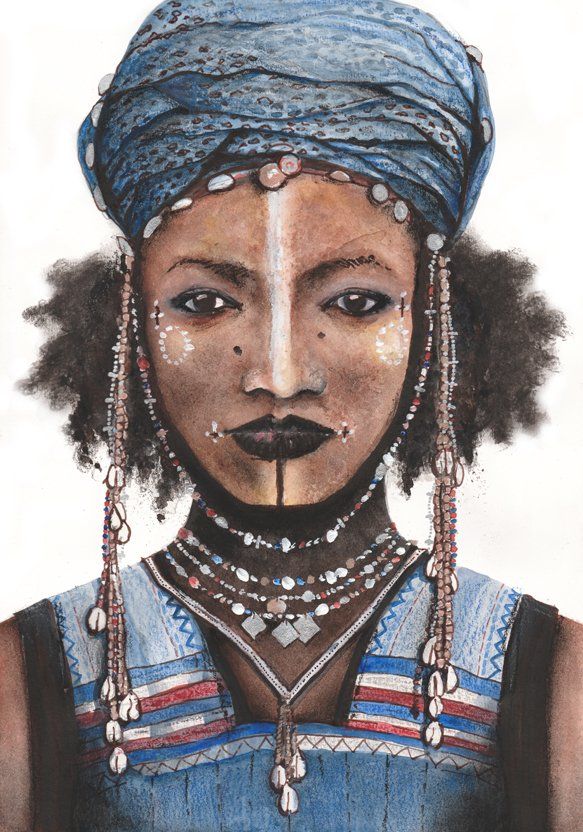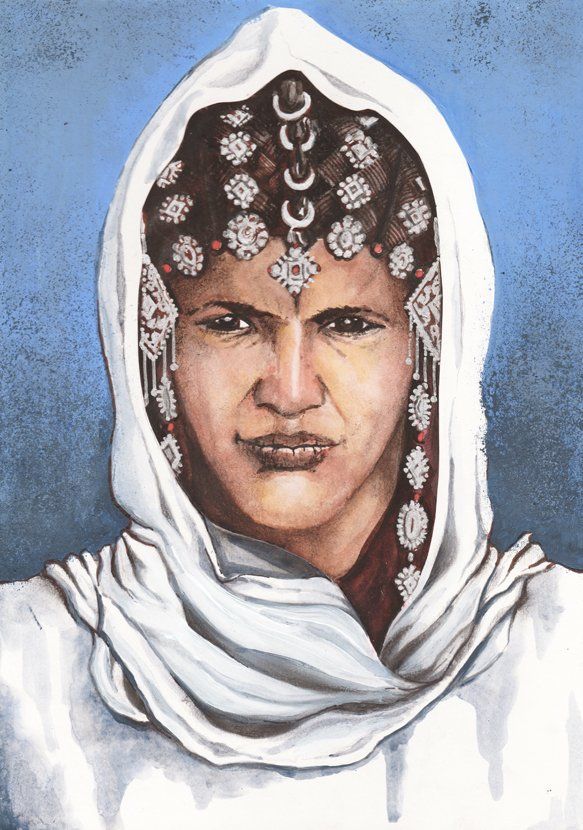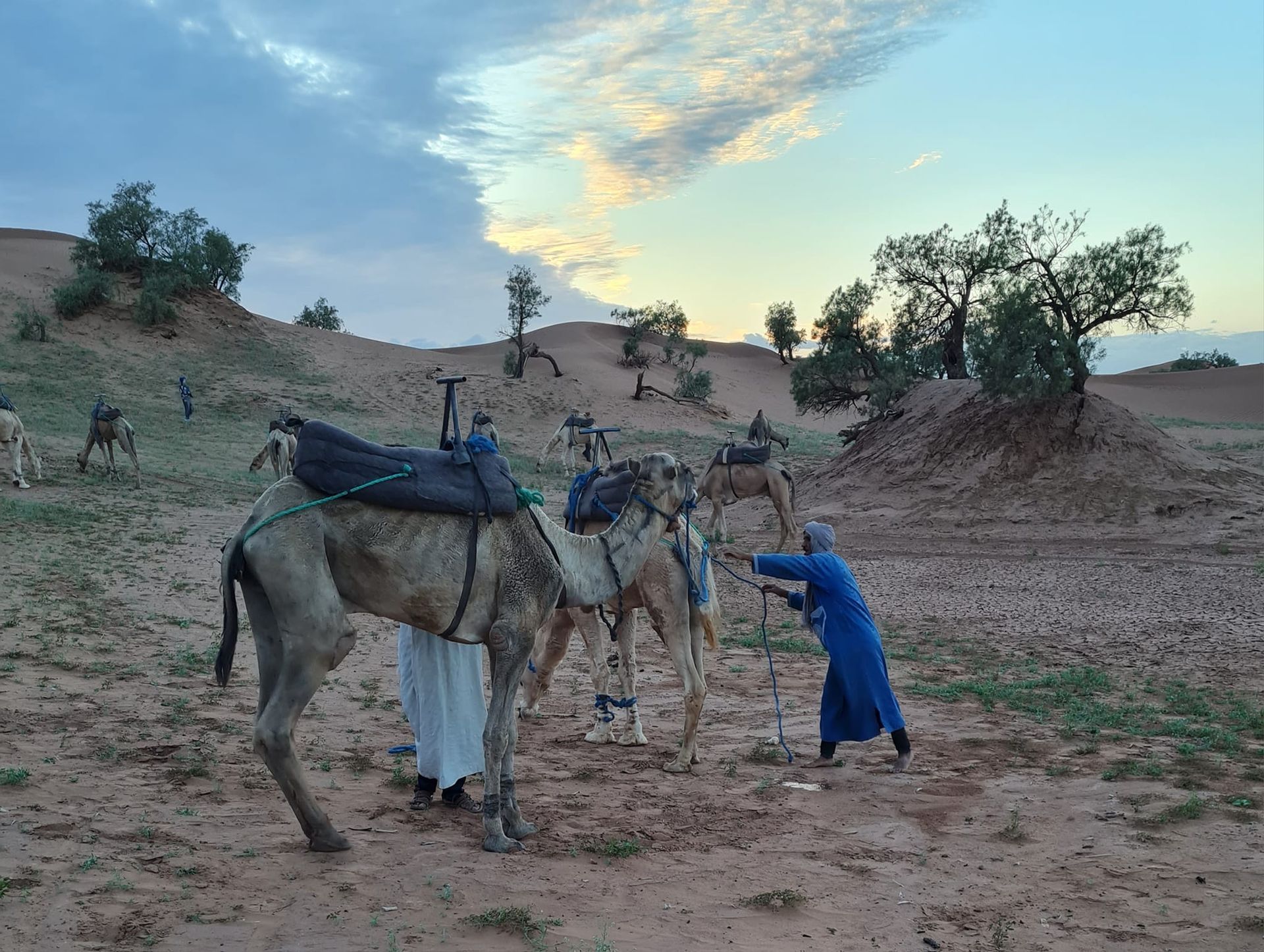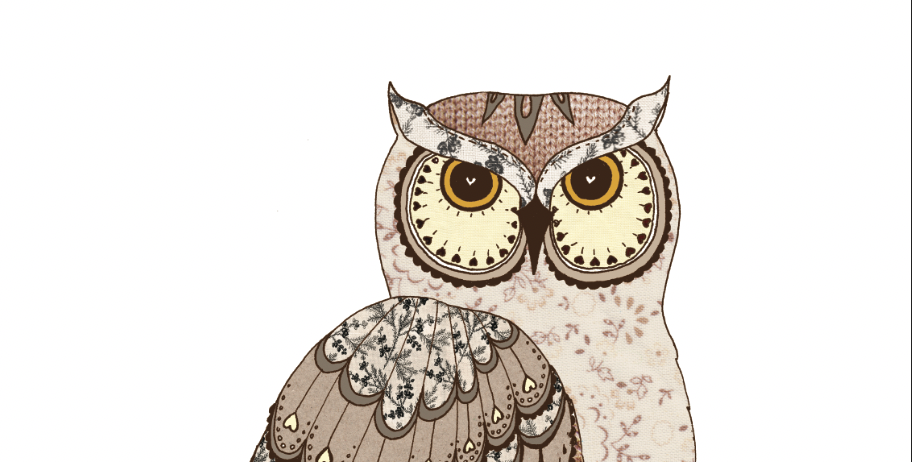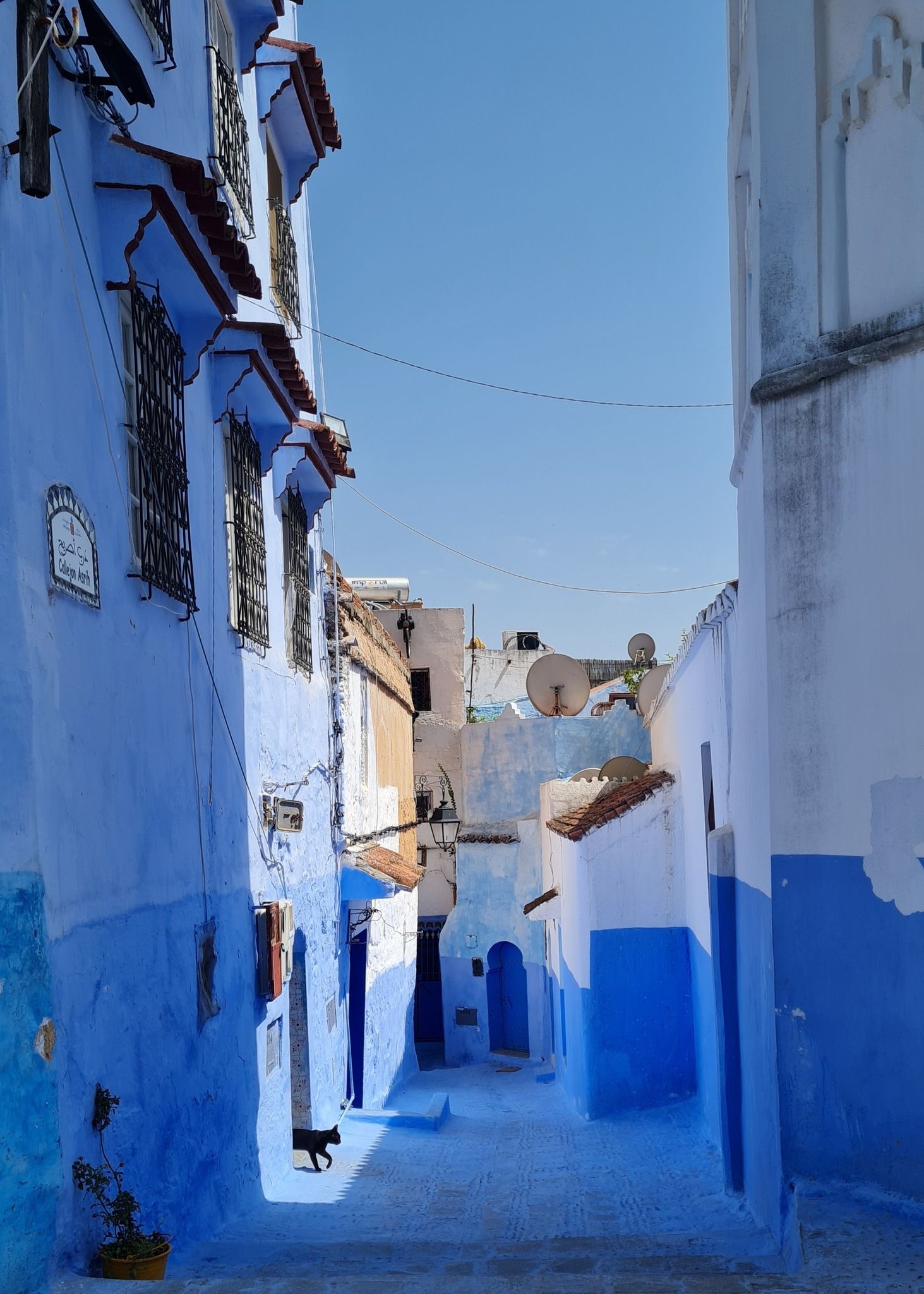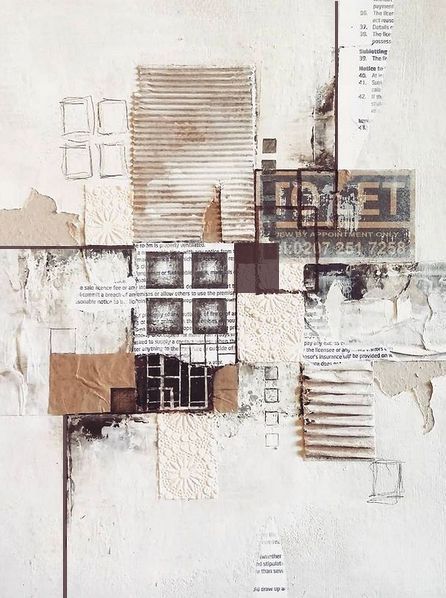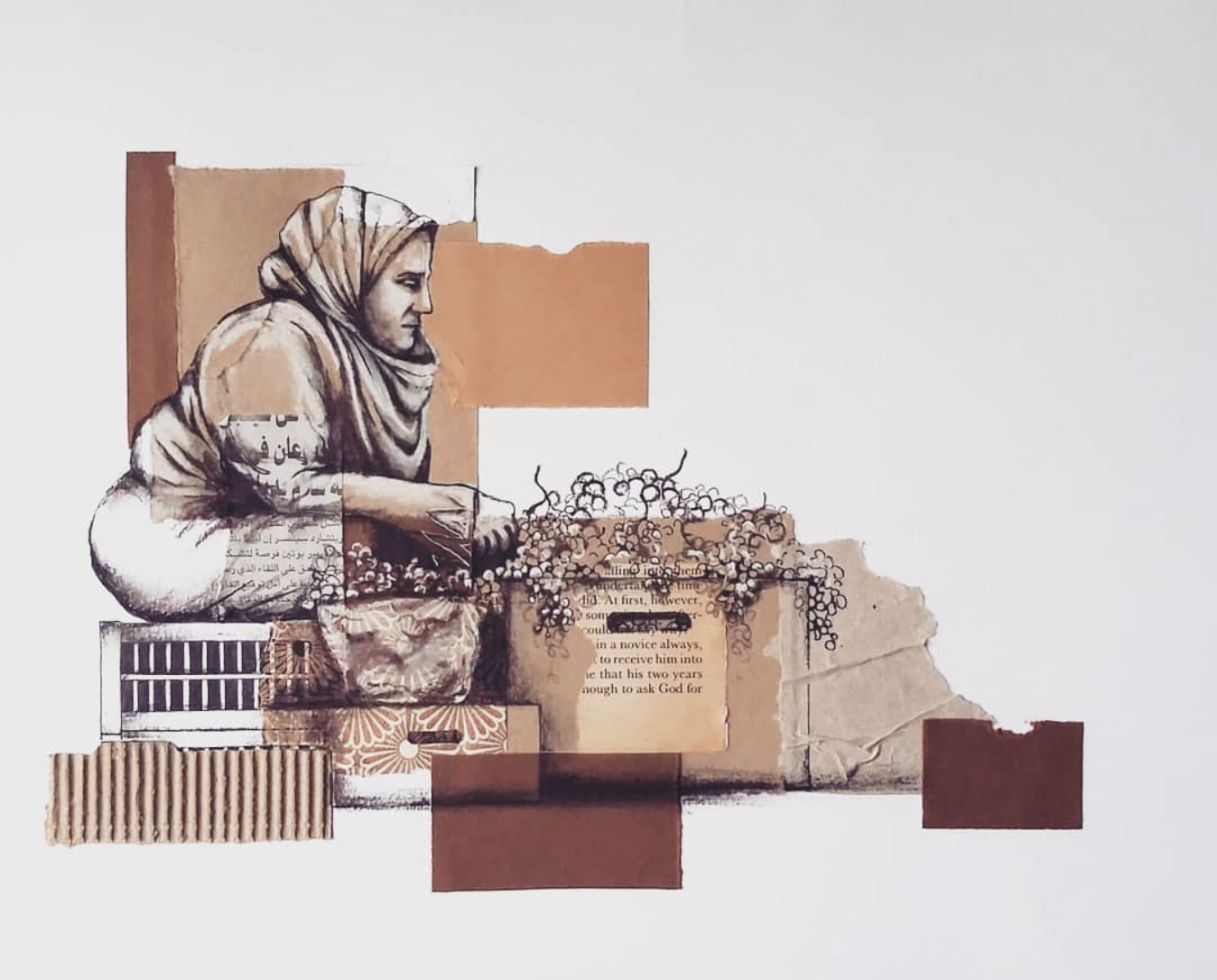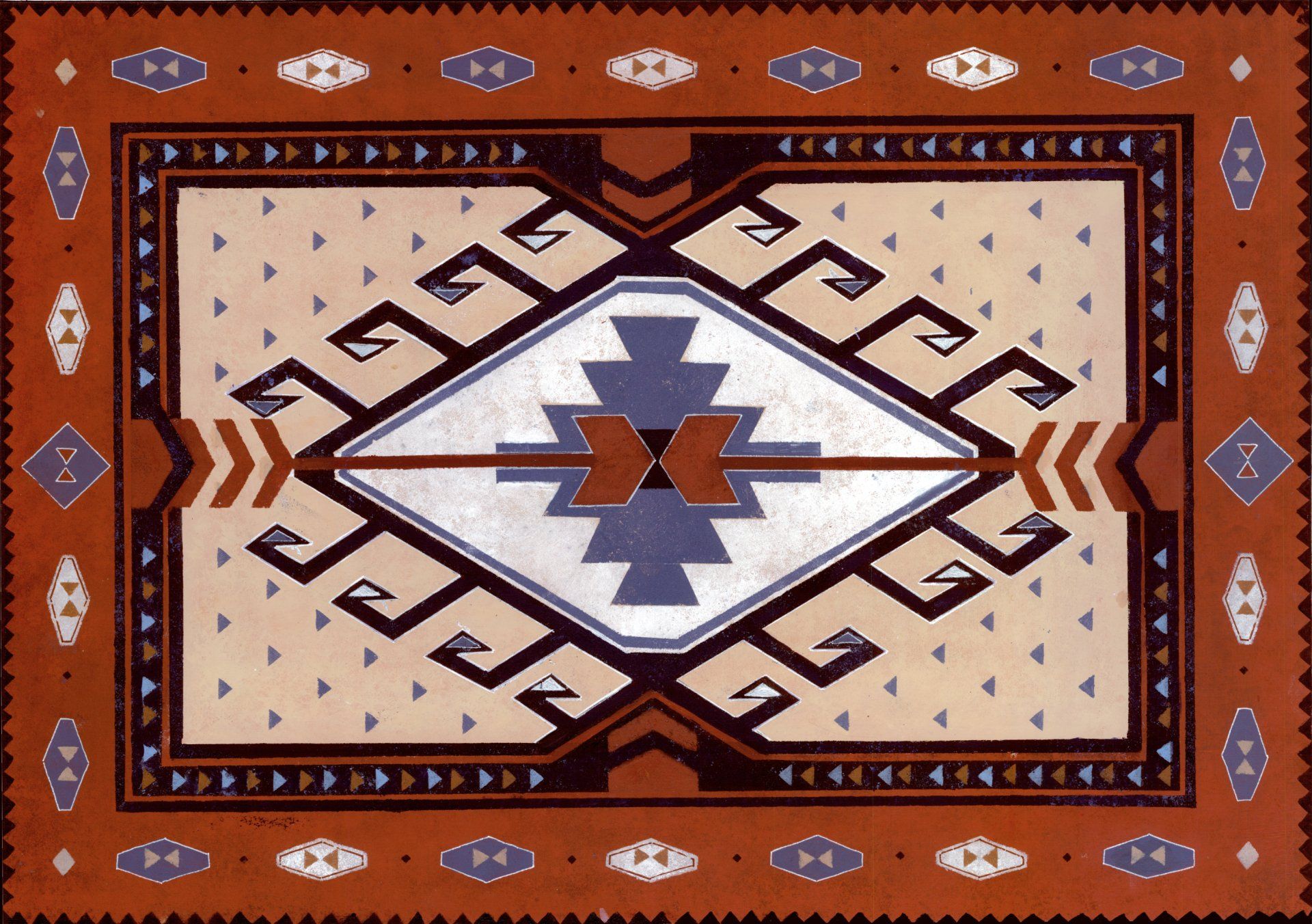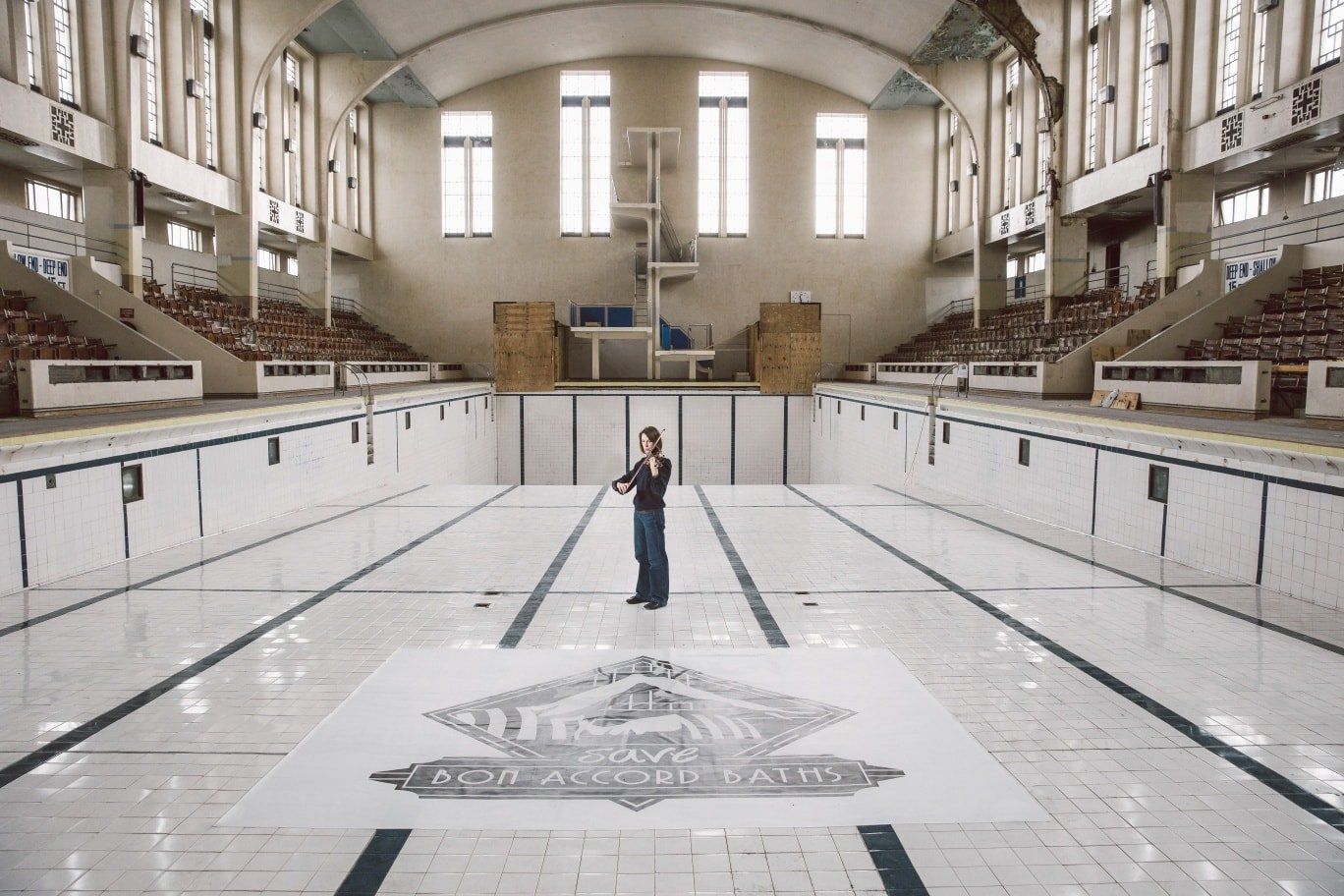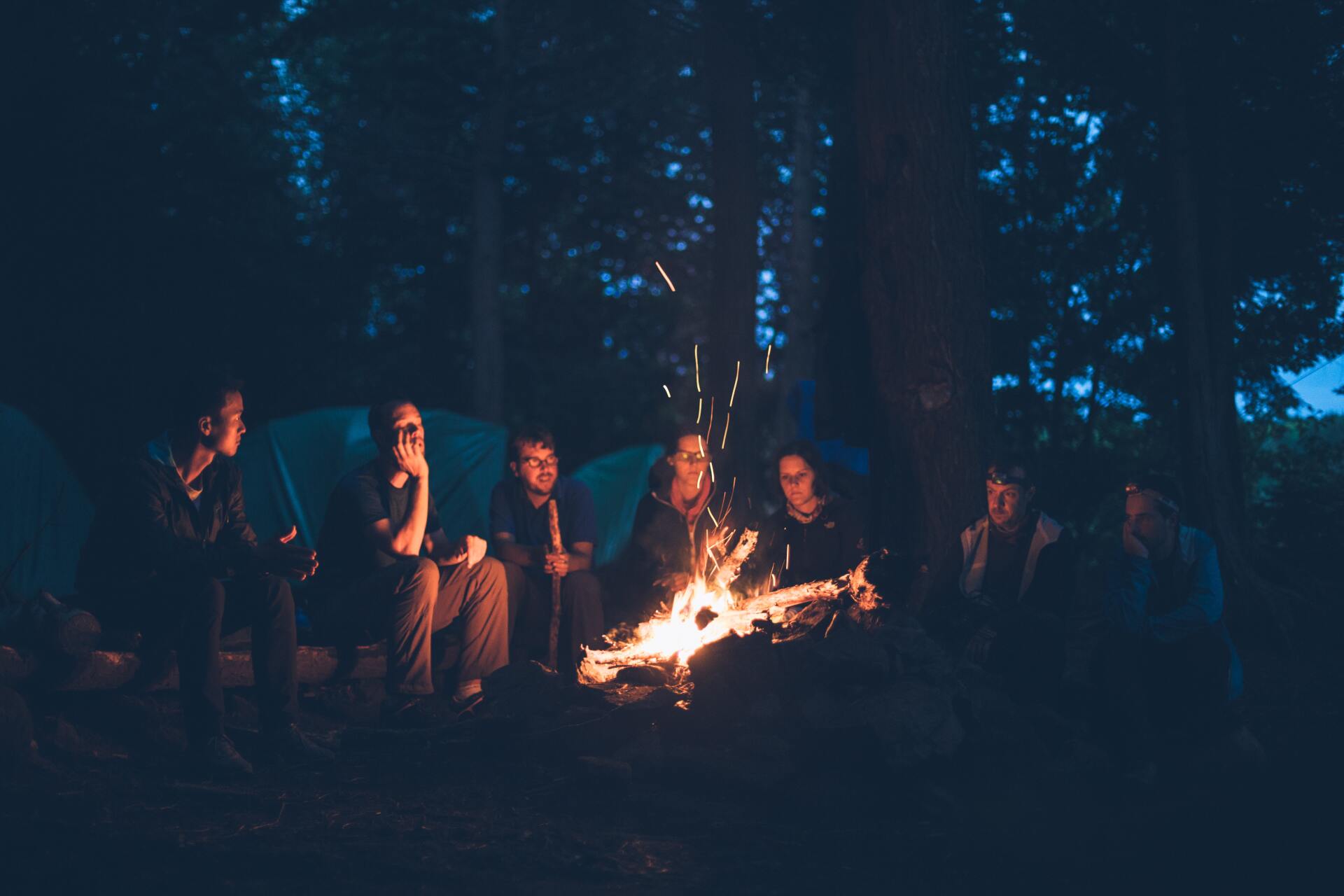Nomad
October 25, 2020
Inspiration and ideas behind a new project exploring nomadic cultures.
As someone who values freedom above security, I have long been fascinated - some might say obsessed - by nomadic cultures. Perhaps I have an overly romanticised view, or a simplistic understanding, but many of the core values of nomadic life seem to offer timely wisdom in our frantic, fragmented, materialistic world.
The current pandemic has, of course, severely tested ideas of freedom and
security, leading many of us to reassess our attitudes, assumptions and fundamental values. Societal cohesion, community, and our relationship with the natural world have all been thrust into the spotlight, exposing some ugly truths. But as we blunder on in a similar fashion, discarding our single-use facemasks and precariously pinning all our hopes on various apps, are we just sticking plasters over gaping, festering wounds?
Literary Inspiration
I recently read Wilfred Thesiger's Arabian Sands
- the author's account of travelling through the Arabian 'Empty Quarter' between 1945 and 1950. Travelling with a group of nomadic Bedouin companions, many of the author's observations leapt off the page as lessons that we in the 'civilised' West may be wise to consider.
Firstly, the unforgiving desert demands respect from all who live there. It's simple and stark: respect the land or die. As our lives become artificially distanced from the natural world, this is a truth that is dangerously easy to ignore.
Secondly, within this hostile environment, the Bedouin's key to personal survival may sound paradoxical to our ears: generosity. Guests and strangers always take priority, receiving food and drink even if the hosts must go hungry to provide it. This generosity is reciprocated in turn - everyone will be a 'stranger' some time and will equally be assured of receiving sustenance at another's tent. This seems a great leveller and a reminder that our experiences and needs are inextricably intertwined. Against the current backdrop of controversy surrounding free school meals for children from struggling families, this concept speaks for itself.
Thirdly, the author came to recognise that the hardship of his companions' lives - their poverty, frequent hunger, thirst and total lack of material possessions - was actually their strength. 'Some people maintain that they will be better off when they have exchanged the hardship and poverty of the desert for the security of the materialistic world. This I do not believe. I knew that for them the danger lay, not in the hardship of their lives, but in the boredom and frustration they would feel when they renounced it.'
The nomads themselves repeatedly declare: 'Only in the desert can a man find freedom.'
I wonder how different our lives and society would be without the constant focus on acquiring and accumulating possessions and pursuing our own comfort.
Portraits
To explore and celebrate the richness of vanishing nomadic cultures, I have started a series of portraits. My initial focus is on the Wodaabe people of Niger/Mali , known for their elaborate costumes and jewellery. Each subject holds a steady gaze, challenging us to look them in the eye, see them, and see their cultures' enduring value in a turbulent, chaotic world.
Follow me on Instagram to see how the series develops...

